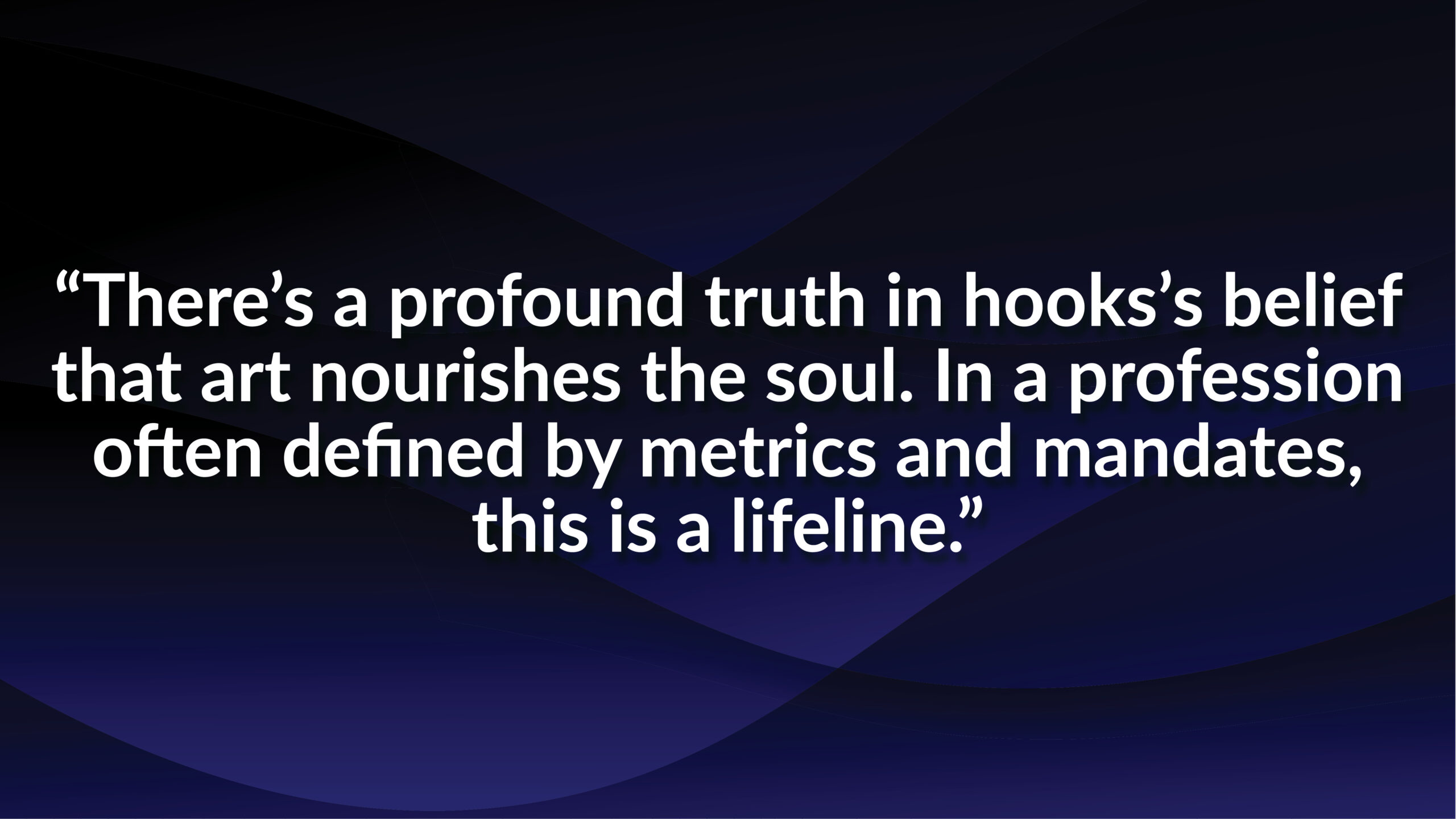How to Master the Art of Venting
Venting isn’t a fantasy therapy session, Dr. Judith Joseph explains. It’s a constructive emotional release.


The scientific definition of venting is to let air or pressure out. In psychology, venting relies on expressing emotions, especially negative emotions. When psychological venting is done in an adaptive, healthy way, pressure is relieved; the system and brain are less stressed. However, when venting is done in a maladaptive or unhealthy way, people may actually feel worse.
There are dos and don’ts to venting. Many people vent in unhealthy ways because they mirror what they saw in people they looked up to. If you had a parent who impulsively expressed negative emotions without intention and without insight, this is how you will likely vent as an adult. If you saw a parent or guardian rarely vent verbally and instead slam doors or physically express negative pent-up emotions, then you may exhibit similar styles of venting. Even if you had a healthy model for venting growing up, you may become attuned to maladaptive venting if you become acclimated to a group or organization where unhealthy venting takes place. [time-brightcove not-tgx=”true”]
Think about certain industries that are high stakes where it is customary for people to yell and aggressively communicate. Likewise, if you enter an industry where venting and expressing emotions is often discouraged you may fall in line and have a similar style of not communicating negative emotions and instead push them down.
It is important to understand that venting is an art and there are clear dos and don’ts based on the research. As a psychiatrist and happiness researcher, one of the biggest misconceptions I’ve seen in my clients is something I call the Fantasy Therapy Session. They imagine they’ll get to lie back on a couch, dump all the problems out, and those problems will magically disappear, in a few sessions.
That’s not how it works. Therapy is not lying down on a couch so someone else can figure you out. It’s a lot of work for you as the patient. You’ll uncover some things that are traumatizing or triggering. You’ll have to do the work to process and prevail over scarring memories, complicated relationships, and negative thought patterns. I tell my patients that the brain is a stubborn organ. Re-examining yourself and getting to know your true self isn’t fast, but it’s deeply fulfilling.
Read More: Is Venting Healthy, Or Does It Make Things Worse?
Another mistake I’ve seen people make when trying to release their stress or frustrations is trauma dumping their stress and frustrations onto their friends, family, and loved ones, verbally vomiting all their problems and leaving the person listening to them overwhelmed. The bad news is that the other person might be so visibly turned off by the experience that you both shut down.
The good news is that all of these things are easy to avoid. Just ask yourself the following four questions before, during, and after you vent to another person.
Did I pick the right person?
I know people who trauma dump all over the place. You have to pick one person—not an army—to vent to. You also need to be mindful of venting to someone who has the capacity to hear your complaints. Could there be emotional fallout if, for example, you vent how small your bonus was this year to your friend who is struggling to make ends meet? Is it insensitive to complain about how overwhelming your kids are to your friend who may be struggling with infertility?
I see it happen all the time. It’s also important to call out the one person you should never vent to: Anyone that you’re in a position of power over. When an individual with more power discloses a weakness, the receiver’s perception of the discloser is negatively affected. Their relationship quality and task effectiveness are compromised. By showcasing weakness at work, higher-status employees may inadvertently trigger their own status loss—which raises the question: What, exactly, qualifies as a weakness? The researchers define it as personal information that “makes salient a personal shortcoming.”
The same goes for your personal life; don’t vent to your kid, as it will affect their emotional regulation skills. I don’t care how hilarious of a disaster that date you went on was. It doesn’t matter how awful your ex-husband has been treating you—don’t trash him to your babysitter. You’re burdening these people with your problems. Even if you’re laughing about what a cheap date the guy you met on a dating app was, your kid is still quietly worried about you. And even if she would never say so, your housekeeper still might just want to listen to music instead of hearing you rant about your evil boss. You’re the evil boss now, abusing your power.
Did I ask permission?
Whereas your therapist is a professional that you’re paying to listen to you and group therapy has rules around sharing built in, in a friendship, you need a green light to unload. You might say, “Do you have a moment to listen to what happened to me this morning?” or “Please let me know
if this becomes too much for you.” You can also watch for clues that the other person may feel you’re dumping on them. Perhaps they look uncomfortable or they’re not offering any significant feedback or suggestions. Asking for permission is important because studies around venting show that empathy helps the venting experience have better outcomes and demonstrates compassion.
Did I learn anything?
To avoid trauma dumping, you have to hold space for getting feedback from the other person to help you gain insight into your situation. This isn’t a one-way conversation. You should be listening to the other person’s questions and receiving the feedback they have, especially if you’re talking to a professional. Research reveals that venting is more effective when the person you are talking to challenges you and gives you constructive feedback, because if the person is not challenging you back then you will likely not get the most out of the conversation.
Am I always the one venting to them?
Reciprocity is key. You have to make sure that you’re giving and getting when it comes to venting. In one December 2024 study, more empathy and similarities among co-workers led to better venting outcomes. Otherwise, you run the risk of overwhelming the other person. So, make sure that you’ve held space for the venting recipient to share what’s going on with them.
When you master the art of healthy venting, you transform what could be destructive emotional dumping into constructive emotional release. Not only will you feel genuinely lighter, but you’ll also preserve and deepen the relationships that help you navigate life’s challenges.
Adapted excerpt from HIGH FUNCTIONING by Dr. Judith Joseph. Copyright © 2025 by Dr. Judith Joseph MD MBA PC. Used with permission from Little, Brown Spark, an imprint of Hachette Book Group.








































































